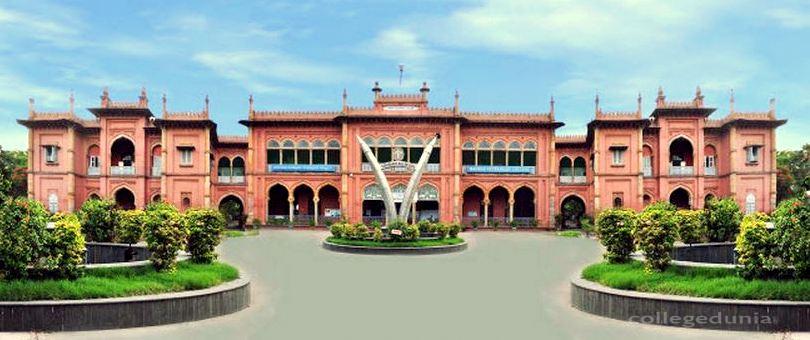
Tamil Nadu Veterinary and Animal Sciences University (TANUVAS), the first of its kind in India, was established in the year 1989. TANUVAS, in its 25th year of existence and excellence, celebrated its Silver Jubilee in the year 2014. TANUVAS continues to strive in ensuring excellence in education, research and extension in the fields of veterinary, animal and food sciences. Recognizing the unequivocal contributions of TANUVAS to growth and development of livestock, poultry and food sectors, the Indian Council of Agricultural Research has showered it with the coveted Sardar Patel Outstanding ICAR Institution Award 2011 in the year 2012, a distinction no other Veterinary University in the country has received, which stands as a testimony to the excellence and accomplishments of TANUVAS in education, research and extension activities of livestock and poultry sectors concerned.
TANUVAS has six constituent colleges as below:
1. Madras Veterinary College (Chennai);
2. Veterinary College and Research Institute (Namakkal);
3. Veterinary College and Research Institute (Orathanadu, Thanjavur);
4. Veterinary College and Research Institute (Tirunelveli);
5. College of Food and Dairy Technology (Koduvalli, Chennai); and
6. College of Poultry Production and Management (Hosur).

The Madras Veterinary College (MVC), the first of the four constituent veterinary colleges of TANUVAS, was started as an equine treatment school with five students in a temporary structure at Saidapet, Chennai in 1903. It is one of the oldest veterinary schools in the country. Since inception, the college started growing in stature and is now recognized as a premier veterinary institute in the country and world over. The college is located at Vepery near Chennai Central in nearly 6 ha. of land. The main administrative block is a heritage building built on the Indo- Saracenic architecture, that currently houses the Dean's office and the education cell. Besides, there are nine blocks of buildings, housing various departments with excellent facilities for education, research and extension.
Though a college may possess state of the art infrastructure, quality education is possible only by the presence of qualified, dedicated teaching faculty. Madras Veterinary College is enriched by the availability of the most number of teachers when compared to any other veterinary college in the country, with a ratio of one teacher for every five students. Most of the teachers possess Doctoral degree and many of them are trained in National and Foreign laboratories.
